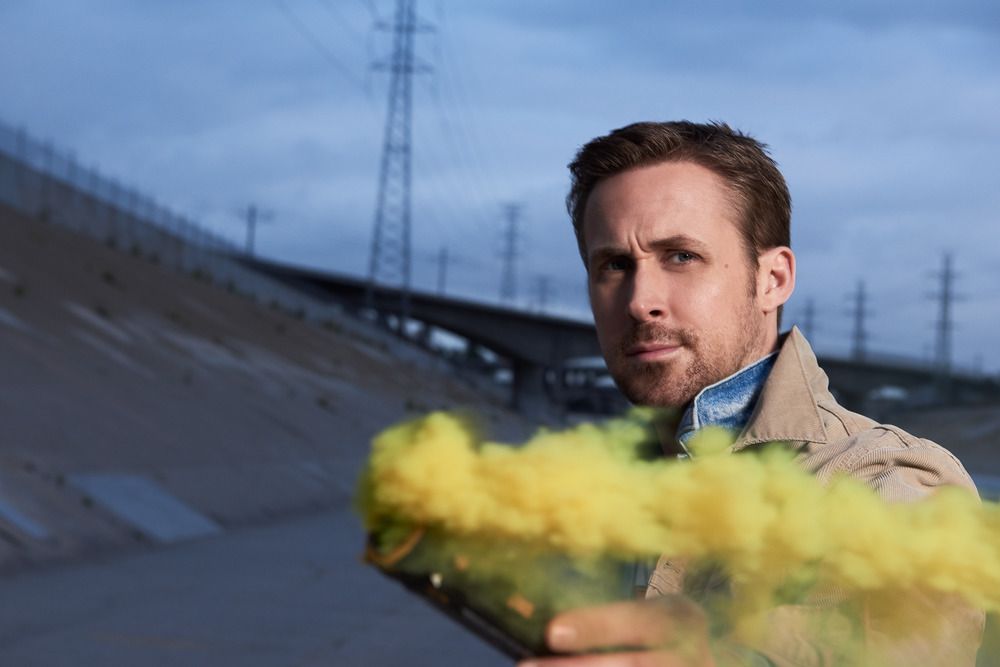Double Edged: The Return of Blade Runner
We’re treading on hallowed ground now. We all knew that one day Hollywood’s rummaging hand would light upon a classic like Blade Runner. They’ve already made the right first move by not rebooting everything from scratch. The second move they need to make is far more nuanced.
Just a little background for readers who are coming in blind… Ridley Scott directed Blade Runner and released it in 1982, three years before he revolutionised horror with the original Alien film. Blade Runner is a seminal piece of sci-fi based on Do Androids Dream of Electric Sheep? – a Philip K. Dick book from 1968.
Both stories follow a detective bounty hunter who’s chasing down a group of replicants – biological androids. All the while the neo-noir film, set in 2019 in a dystopian Los Angeles, nags you with a question: is Rick Deckard, played by Harrison Ford, a replicant as well?
If you read the Fassbender M2 cover story in June, you’ll recall Ridley Scott’s fascination with humanity and what makes us human. It’s a major theme that has run through the Alien franchise, and it continues on through Blade Runner. As a side note, the two films have often been theorised to be in the same universe, mostly due to the recycling of props. Although Scott couldn’t help but fan the flames with some Easter eggs tying the two together in Prometheus.
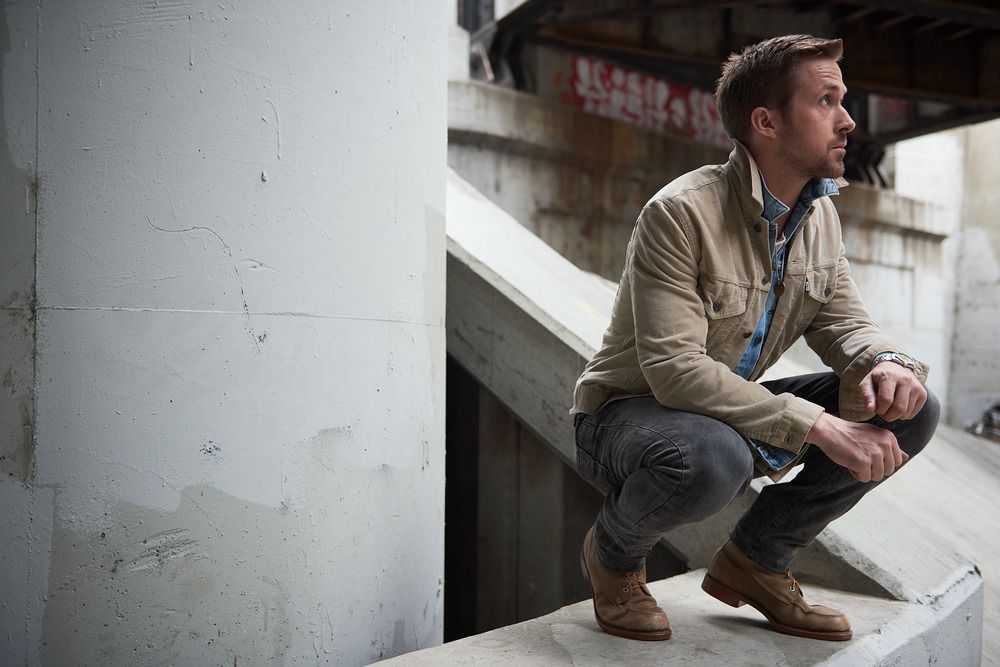
This issue is one that the sequel needs to treat with kid gloves. Although things are looking grim in that department.
The original Blade Runner theatrical release, with its noir voice-over and ambiguous ending, had numerous recuts including the Uncut version, the Director’s Cut and, finally, the Final Cut, which Scott had complete control over and considers THE version of the film to watch.
Each cut makes Deckard’s human status less and less a mystery. The biggest clue being two scenes introduced where Deckard, in a drunken stupor, dreams of a unicorn. At the end of the film, this bizarre scene is referenced by an origami unicorn left on the floor in his apartment by a fellow blade runner. This leaves nothing to debate. Deckard’s most private thoughts were implanted inside him to give him a sense of humanity.
Running in and answering whether or not Deckard is a replicant for the fans only diminishes the cult status and huge discussion the original has garnered over the years. Although, I could be wrong. Scott definitely thinks so.
Talking to IGN, Scott says it’s a conversation he’s had with a lot of the decision makers around him. Regarding Deckard’s status as a replicant, Scott says: “but I remember someone had said, ‘well, isn’t it corny?’ I said: ‘Listen, I’ll be the best fucking judge of that. I’m the director, okay?’
“So now it will be revealed [in the sequel], one way or the other.”
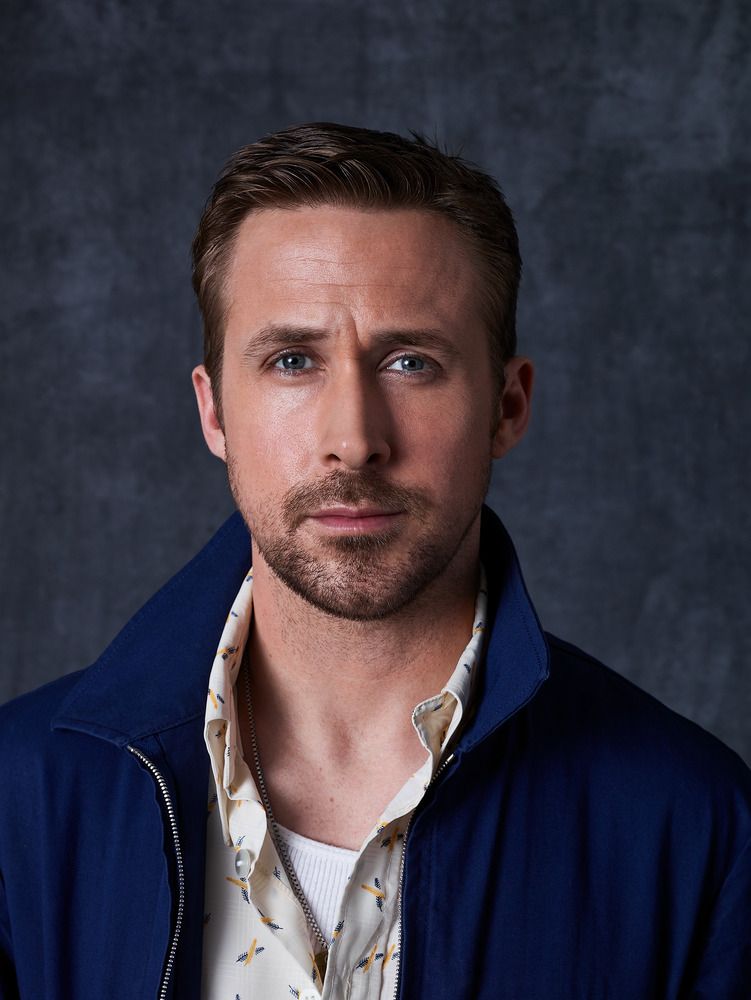
Scott’s stubbornness on the issue was put to the test by both his script writer and Harrison Ford, who personally wanted the audience to have the human connection.
“That was the main area of contention between Ridley and myself at the time,” Ford says. “I thought the audience deserved one human being on the screen that they could establish an emotional relationship with. I thought I had won agreement to that, but in fact I think he had a little reservation about that. I think he really wanted to have it both ways.”
Hampton Francher, the original script writer is on the opposite side of the fence, and said, in a discussion panel about The Final Cut version: “Ridley’s off, he’s totally wrong!
“So the question [is Deckard a replicant?] has to be an eternal question. It doesn’t have an answer, and what I always say about that is what Pound says: ‘art that remains news is art in which the question “what does it mean?’’ has no correct answer. I like asking the question [about Deckard] and I like it to be asked, but I think it’s nonsense to answer it… that’s not interesting to me.”
Philip K. Dick, the author of the original source material, had a paranoid streak and his personal life was marked by schizophrenia. From a young age, he had trouble knowing what was real and what were hallucinations. In many ways, the sense of uncertainty the original theatrical release imparted gives us a small glimpse into how Dick must have felt about the world.
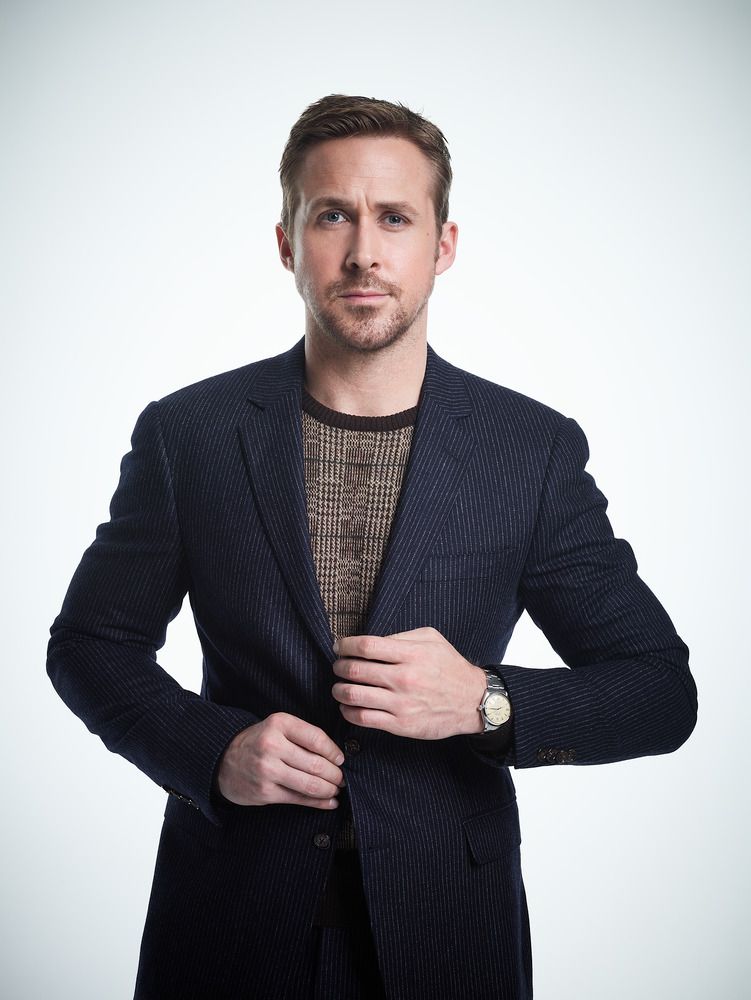
His personal take on the character is that he’s a human, but he’s meeting the replicants somewhere in the middle when it comes to humanity. He says: “the purpose of this story as I saw it, was that in his job of hunting and killing these replicants, Deckard becomes progressively dehumanised. At the same time, the replicants are being perceived as becoming more human. Finally, Deckard must question what he is doing, and, really, what is the essential difference between him and them? And, to take it one step further, who is he if there is no real difference?”
Scott has been peeling away the origins and telling the stories behind his most beloved movies. In the case of Alien, it meant dealing with the xenomorph’s origins. As a fan of that franchise, I found that a rewarding experience in Alien: Covenant.
But it’s conflicting; after Blade Runner 2049 leaves cinemas, will the franchise still be newsworthy art? Or will it be lost, in time, like tears in rain.
I may be the only one moving with trepidation into the future. The Blade Runner 2049 world has now shifted forward 30 years, and Ryan Gosling is suiting up as the new blade runner, K. In our interview Gosling talks about how the original affected him as a kid, and what it’s like to inhabit the amazing world Scott has brought to life.
Do you remember what your first impressions were of the first Blade Runner?
I was about 14 years old, which I think was 12 years after the original had come out. So, I think my first impression was just the realisation of how influential it had been on so much of what I had grown up watching and listening to.
Why do you think the film still has the cult status today?
The film is haunting. It’s hard to shake. It asks you to question your idea of what it means to be human. It makes you question your ability to recognise the hero from the villain. It’s a nightmarish vision of the future that’s somehow grounded and real and feels possible, and yet it’s presented in this sort of romantic dream-like way; so that sticks with you. Time has kind of proven its specialness.
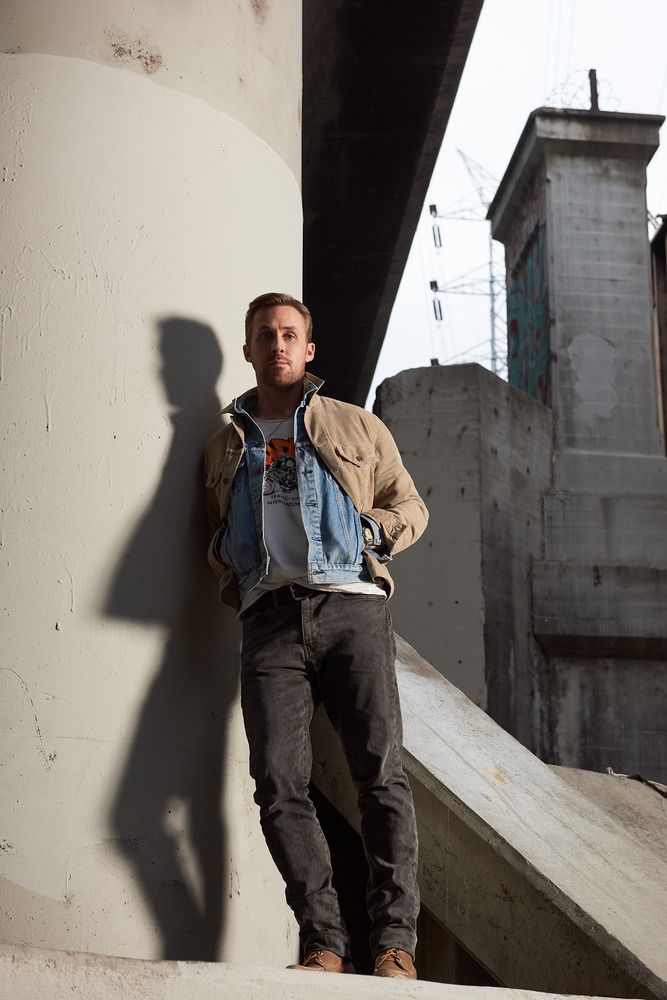
What attracted you to this project?
Why did you want to be part of the new Blade Runner? When I heard that Ridley was considering continuing the narrative, I was already invested, I already wanted to know what happened next. And then, given the ability to enter that world and to help tell that story, it just felt like a real, special opportunity.
When you got the role, how much did you know about what the new direction of Blade Runner 2049 was going to be?
Well, I had read the script at that point. But I had been talking to Ridley over the course of a year, or a couple of years, while he was sort of noodling with the story and deciding whether he was going to do it or not, and so I would get little fragments here and there.
Talk about how you prepared yourself for the role. Tell us who K is when we first meet him in the film.
The film picks up 30 years after where the first one left off. The world has become a much more harsh and isolated place. As a result of that, the blade runner profession has become more complicated. I play a character named K who, when we first meet him, is deep in the troughs of those complications and that isolation.
Talk about how you got into your character. How did you prepare for the role?
One of the main things I tried to do was spend as much time on set as possible while we were shooting and beforehand, just to stay in the world. They had created an almost fully realised environment. It was truly impressive; and I felt it was necessary for me to spend as much time there as possible so I could normalise it in some way.
What were the initial conversations like, with you and Denis? What did he tell you he wanted K to be?
Well, the first conversation I had with Denis [Villeneuve, the director] about the film, I felt immediately confident he had this covered. All of his instincts were about grounding the film, making it possible; making it feel truthful and honouring the original; and taking the themes and questions the first film presented and trying to follow them through to their next logical next step.
Tell us about Denis as a director in general, his directing style, how he works with cast and crew and what he brought to this project that no other director could.
He had a great reverence and respect for the original. But he never seemed to allow it to intimidate him. He used his admiration and turned it into inspiration. And I think, as a result, he inspired all of us to do the same.
How would you set up the start of this film?
In the beginning of the film, it’s a day like any other day; K is sent to retire a rogue replicant. He unintentionally uncovers a mystery that ultimately makes him and the audience question everything they thought they knew.
Talk about Deckard, about the relationship he forms with K, and Where has he been since the last film?
Deckard is a significant person of interest in my character’s case. K sets out to find him in order to get answers to questions that have become very personal to him.
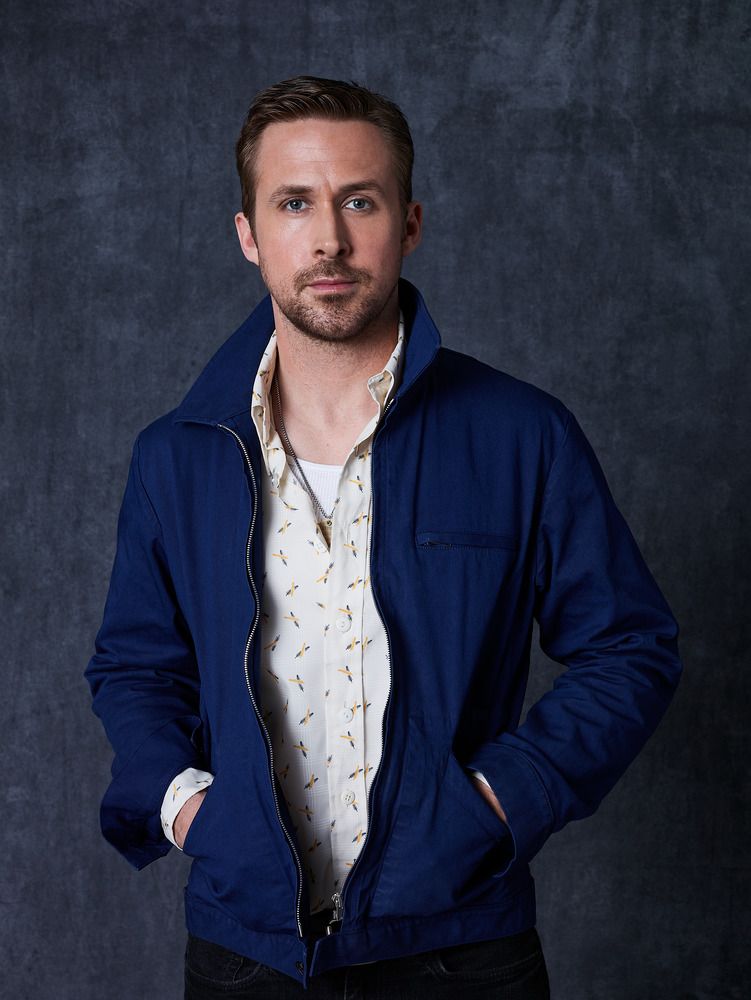
Talk about working with Harrison Ford. What was that like and did you learn anything from him?
Harrison is a great filmmaker. There’s a reason why the majority of his films have become iconic, and why so many of them are being revisited after all this time. He’s the constant in all of those equations. There are many ways to play any given scene, but when you work with Harrison, you realise there’s only one great way, and he’s already figured it out before anyone else.
Talk about working with Roger Deakins. What does his expertise bring to the film?
Well, [cinematographer] Roger’s just a master storyteller. You could watch his films on mute and the images would speak for themselves. That’s an incredible thing to be around and to watch. It makes it so much easier for actors because half your job has been done for you before you ever enter the frame.
Talk about the sets and Dennis Gassner [production designer]. What was it like to have those practical sets there every day you were on set.
It was incredible to have these sets because, as actors, you can just really focus on the internal world of your characters since the external world has been so fully realised in such great detail.
When people see this new film, what do you hope they’re going to experience? Is there an anticipation you hope they have?
Well I think there is an anticipation of this film… but I hope they feel like I felt when I first read the script, which is that it’s the next chapter in that story.
What’s been the most challenging thing for you on this film?
The most challenging thing for me has been to help find a way to create an identity for this film that is both separate from the original but at the same time a natural extension of it.
Can you tell us more about this world the film is set in?
Things have gotten a lot worse. The environment has become toxic, the world in general is just more inhospitable. People are… barely living, they’re just surviving. Humanity is really almost at its end.

